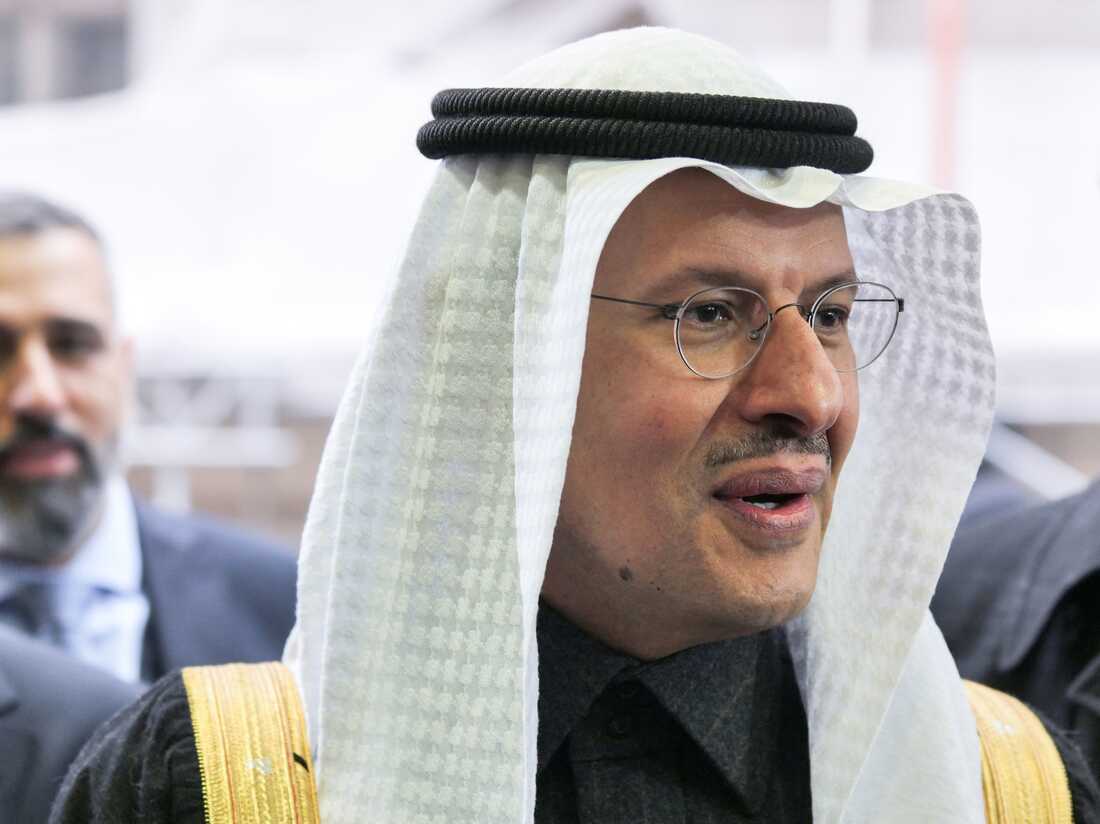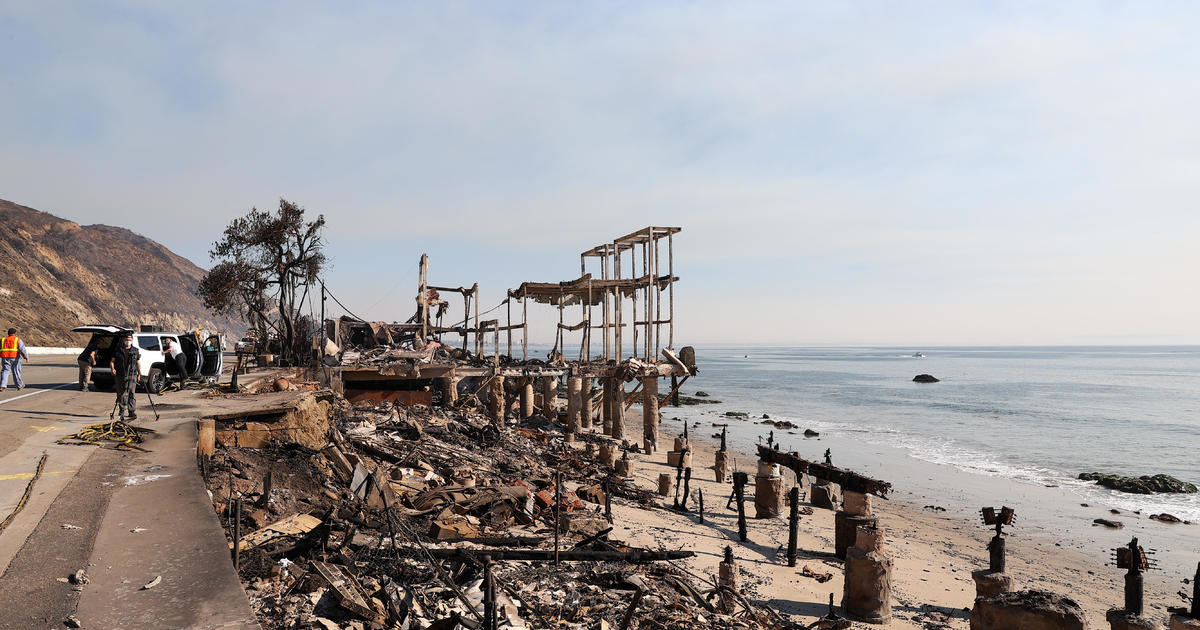EU Plans Spot Market Ban For Russian Natural Gas

Table of Contents
The Rationale Behind the Proposed Ban
The EU's consideration of a spot market ban on Russian natural gas stems from a confluence of factors, primarily centered around the ongoing war in Ukraine and Russia's weaponization of its energy resources. Russia's use of energy as a geopolitical lever has highlighted the EU's dangerous dependence on Russian energy imports. The proposed ban is driven by several key objectives:
-
Reducing Reliance on Russian Energy: The EU aims to significantly decrease its reliance on Russian gas, a goal crucial to enhancing its energy independence and resilience. This diversification strategy aims to mitigate the vulnerability exposed by the current situation.
-
Weakening Russia's War Machine: By cutting off a significant revenue stream for Russia, the EU hopes to weaken its capacity to finance the ongoing war in Ukraine. This financial pressure is seen as a vital element in the broader sanctions strategy.
-
Ethical Considerations: Continued purchases of Russian natural gas are seen by many as ethically problematic, given Russia's actions in Ukraine. A ban aligns with broader efforts to hold Russia accountable for its aggression.
-
Promoting Ethical Sourcing: The EU is actively seeking to align its energy sourcing with its ethical and geopolitical values, moving away from sources associated with human rights abuses and aggression.
Potential Economic and Political Impacts of the Ban
A complete ban on Russian natural gas spot market trading would undoubtedly have profound economic and political consequences for the EU and its member states. The potential impacts are multifaceted and include:
-
Increased Gas Prices and Inflation: The immediate effect would likely be a surge in gas prices across Europe, potentially fueling inflation and impacting household budgets. The extent of this impact will vary across member states depending on their level of dependence on Russian imports.
-
Energy Shortages and Supply Chain Disruptions: The ban could lead to energy shortages, particularly during peak demand periods. This could disrupt industrial production, leading to economic slowdowns in energy-intensive sectors. Supply chains reliant on energy-intensive processes could face significant challenges.
-
Political Tensions within the EU: Differing levels of dependence on Russian gas amongst EU member states could exacerbate existing political tensions regarding energy security and national interests. Negotiating a unified approach to this crisis will be a significant challenge.
-
Increased Demand for Alternative Energy Sources: The ban would create an immediate and substantial surge in the demand for alternative energy sources, accelerating the transition towards renewables and potentially increasing investment in LNG imports.
Challenges and Alternatives to a Complete Ban
Implementing a complete ban on Russian natural gas presents significant challenges for the EU. Finding sufficient alternative supplies, securing transport infrastructure, and managing potential price volatility are key concerns. Mitigation strategies and alternatives include:
-
Increased LNG Imports: Diversifying gas supplies by increasing imports of Liquefied Natural Gas (LNG) from other global producers is a crucial element of the EU's response. However, securing sufficient LNG and expanding port capacity to handle increased imports will require considerable investment and effort.
-
Accelerated Renewable Energy Development: The crisis underscores the urgency of investing heavily in renewable energy sources, such as solar, wind, and hydropower. This requires significant upfront investment but promises long-term energy independence and security.
-
Improved Energy Efficiency Measures: Reducing energy consumption through enhanced energy efficiency programs for households and businesses can lessen the impact of reduced gas supply. This includes investments in insulation, smart grids, and energy-efficient appliances.
-
Strategic Gas Storage Expansion: Increasing the EU's gas storage capacity allows for better management of potential shortfalls and seasonal fluctuations in demand, providing a crucial buffer against supply disruptions.
The Global Implications of an EU Ban on Russian Gas
The potential EU ban on Russian natural gas extends beyond Europe's borders, with significant global implications:
-
Impact on Global Gas Prices: A ban would almost certainly increase global gas prices, affecting energy markets worldwide and impacting countries dependent on Russian gas supplies.
-
Increased Competition for Alternative Supplies: The increased demand for alternative gas sources would intensify competition between nations for available supplies, potentially leading to geopolitical tensions.
-
Shifting Geopolitical Alliances: The energy crisis could reshape geopolitical alliances as countries seek to secure energy supplies and navigate the changing dynamics of the global energy market.
-
Repercussions on Russia's Economy: A complete ban would significantly reduce Russia's energy revenues, potentially impacting its economic stability and its ability to fund its military operations.
Conclusion
The EU's consideration of a spot market ban on Russian natural gas represents a pivotal moment in the ongoing geopolitical conflict and the global energy crisis. This bold move, aimed at weakening Russia and enhancing European energy security, presents substantial economic and logistical challenges. Success hinges on a comprehensive strategy addressing potential price volatility, supply chain disruptions, and the urgent need for alternative energy sources. The long-term implications for the global energy landscape remain uncertain, demanding careful analysis and proactive mitigation strategies.
Call to Action: Stay informed about the developing situation regarding the EU's plans for a potential ban on Russian natural gas. Understanding the complexities of this evolving energy policy is vital to navigating the potential impacts of this seismic shift in the global energy market. Follow us for updates on the EU's plans to ban Russian natural gas and its effects on the energy landscape.

Featured Posts
-
 The Bold And The Beautiful Spoilers For February 20th Steffy Comforts Liam Poppy Warns Finn
Apr 24, 2025
The Bold And The Beautiful Spoilers For February 20th Steffy Comforts Liam Poppy Warns Finn
Apr 24, 2025 -
 Us Stock Futures Jump On Trumps Reassurance Regarding Powell
Apr 24, 2025
Us Stock Futures Jump On Trumps Reassurance Regarding Powell
Apr 24, 2025 -
 Boost For Hong Kong Chinese Stocks Rally On Reduced Trade Friction
Apr 24, 2025
Boost For Hong Kong Chinese Stocks Rally On Reduced Trade Friction
Apr 24, 2025 -
 La Fire Victims Face Price Gouging Reality Tv Star Highlights Exploitation
Apr 24, 2025
La Fire Victims Face Price Gouging Reality Tv Star Highlights Exploitation
Apr 24, 2025 -
 The China Market Navigating Challenges For Bmw Porsche And Other Automakers
Apr 24, 2025
The China Market Navigating Challenges For Bmw Porsche And Other Automakers
Apr 24, 2025
